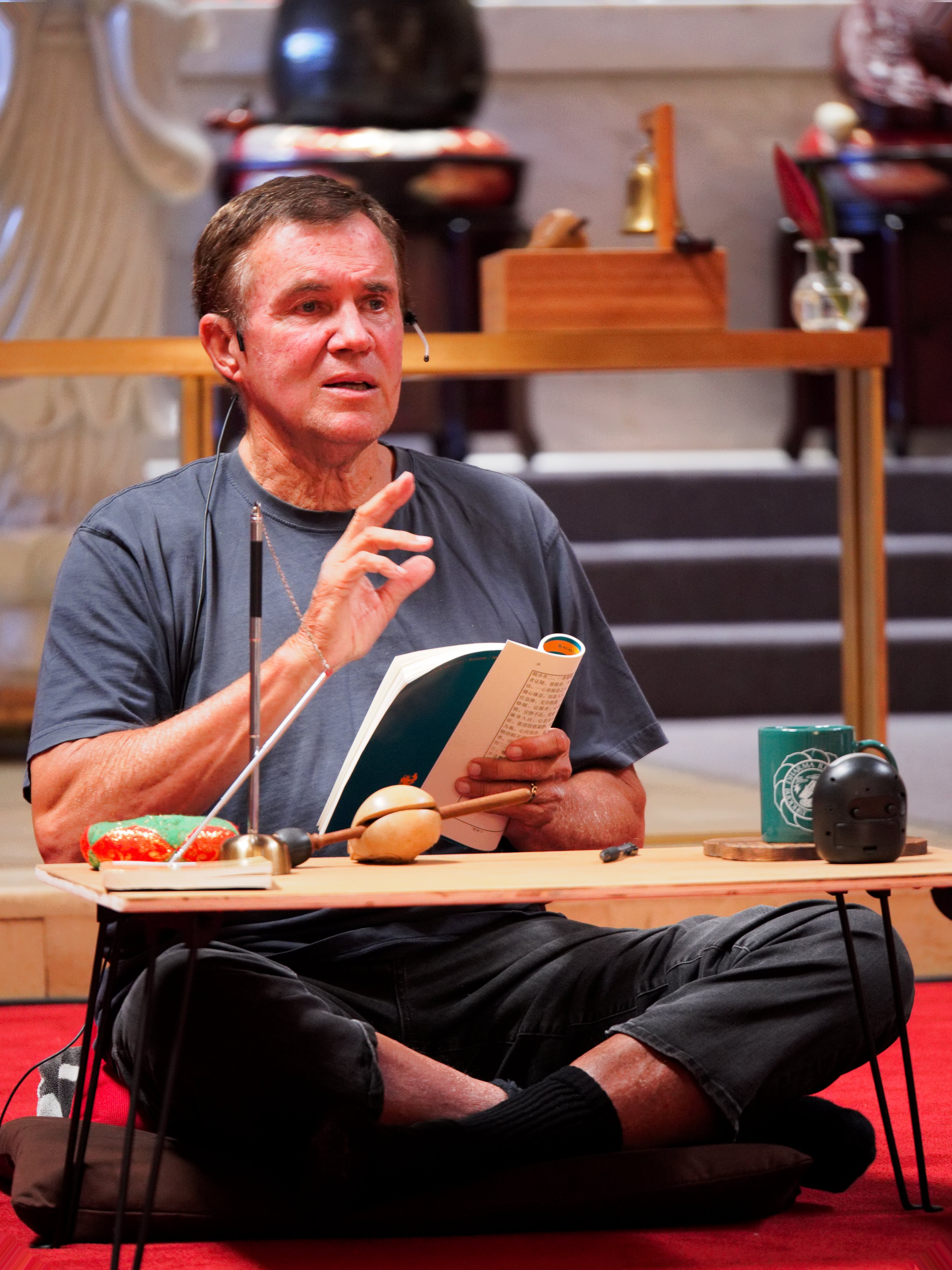
So what went wrong?
Why did each of us get so confused and dissatisfied with such a simple project? We are conscious and aware. If we have enough to eat, a place to stay, and a few people to hang out with, everything is perfect. Our attention moves smoothly from one perception to another, one thought to another, one emotion to another. Life is complete, simple, full, and fundamentally content. But no, we have to make our interpretation of experience so complicated with endless dissatisfaction and frustration. As Lacan and Zizek point out, our dissatisfaction begins with a sense of lack. For Lacan this lack is basic to our psyche. Going back to a very early age, we feel a lack due to a narcissistic misunderstanding. Since early childhood, we have projected a sense that we are the focus of the universe. We were never actually loved with the kind of undivided attention that we imagined. Nevertheless, we spend the rest of our lives attempting to regain this love and regard that was never there, but always missed.
This constant lack drives us to desire one object after another, hoping that each will satisfy this gnawing dissatisfaction. Of course none do. Modern capitalism is the perfect match for this lack, offering us endless objects and experiences, expertly packaged for the desires that, in turn, feed this relentless black hole of lack. The Buddha also taught about this fundamental problem. He taught that our basic dissatisfaction was constantly driven by a sense of lacking that was created from within our experience. If we could get to the bottom of this lack and transform our consciousness to a sense of fullness, tranquility, and spaciousness, the lack would disappear and we would be content.
For the Buddha, the solution to this problem is simple in theory but difficult to do in practice. When we put an end to wanting, desire, and lack, we will realize that we are happy and fulfilled. But lacking and desire have become habituated. We have many needs, desires, and lacks that we have created over time. Our objects of desire have morphed and expanded over time. Once these desires have become part of a more complex identity, one that we have taken on in our social context, our wants explode into complex and expensive objects—expensive in the sense that we have to give up more and more of our precious time to acquire, maintain and hold on to these illusions. Soon all of our conscious time is spent wishing for what we don’t have, worrying about what we have, and working to acquire the next object of desire. The seemingly external symbolic order through which we get our social identity works together with these internal habits of mind and emotions, keeping us on an eternal roller coaster driven by lack and desire.
The concentration of mind and mindfulness taught by the Buddha was aimed at creating an open space and freedom of the mind in which one’s experience could settle and be at peace and awareness. I’ll explore this more in future posts, but for now it is important to be aware of the profound description of our current confusion found in Zizek and Lacan. Look to the DRBU website for a brief review, including some comparisons with Buddhist Sutras.


